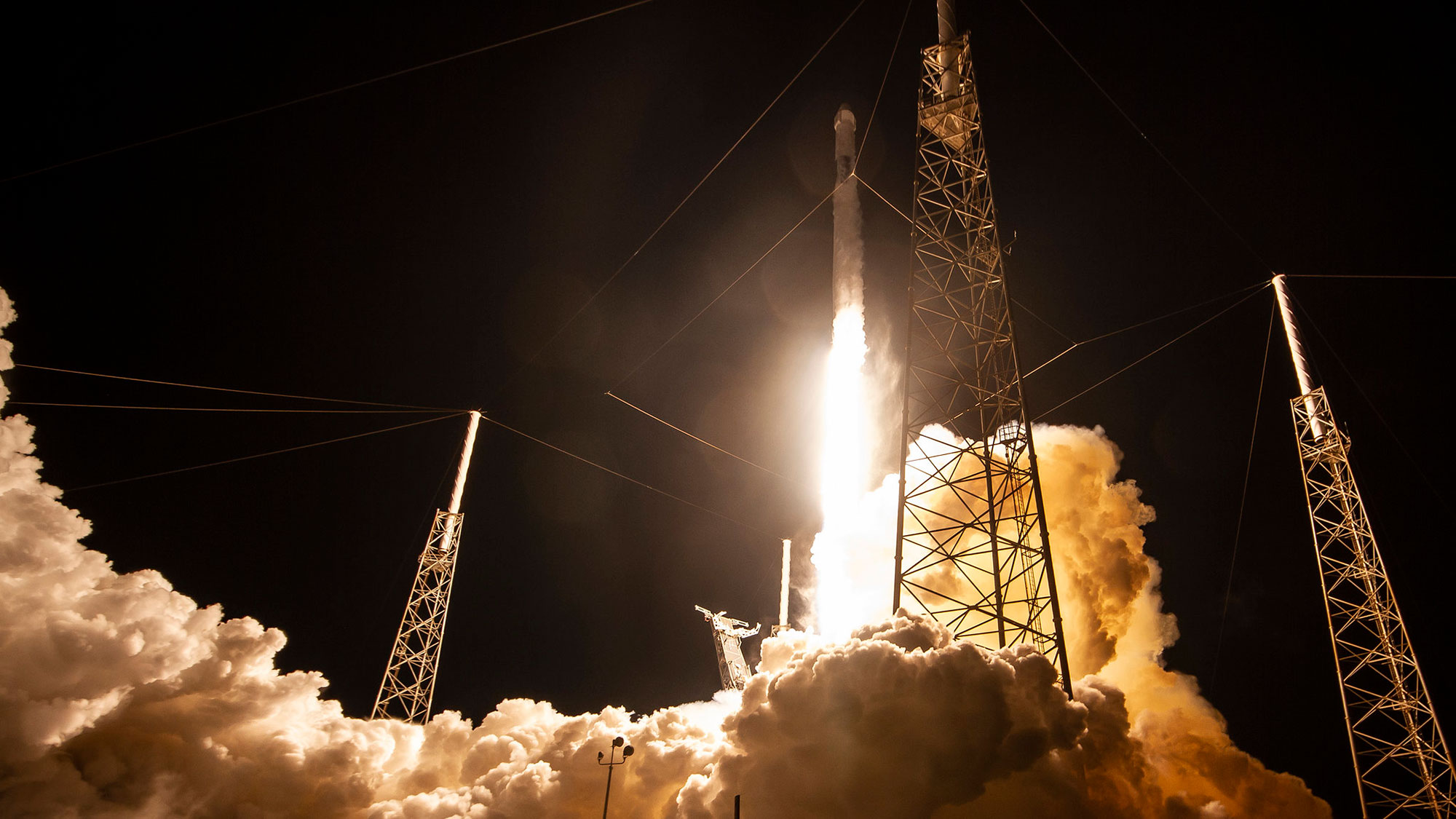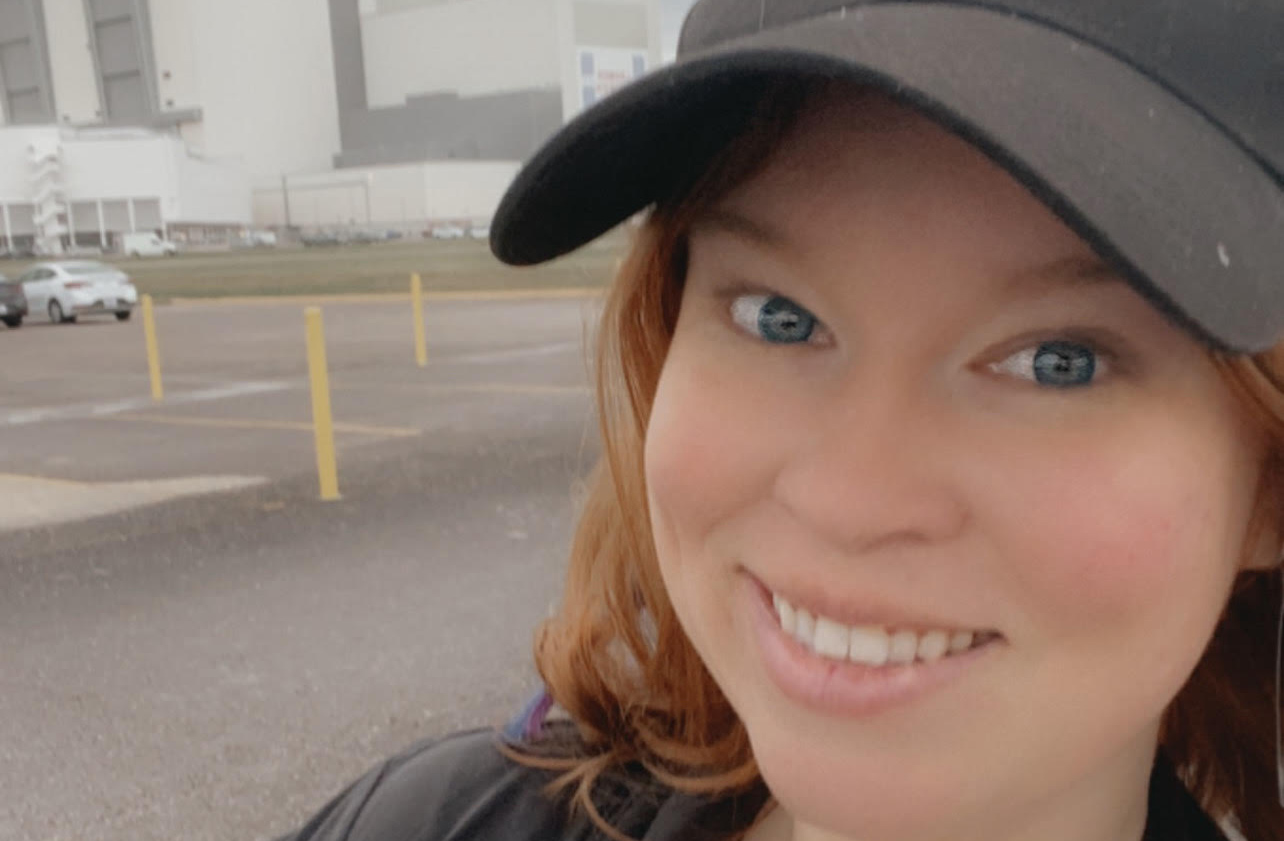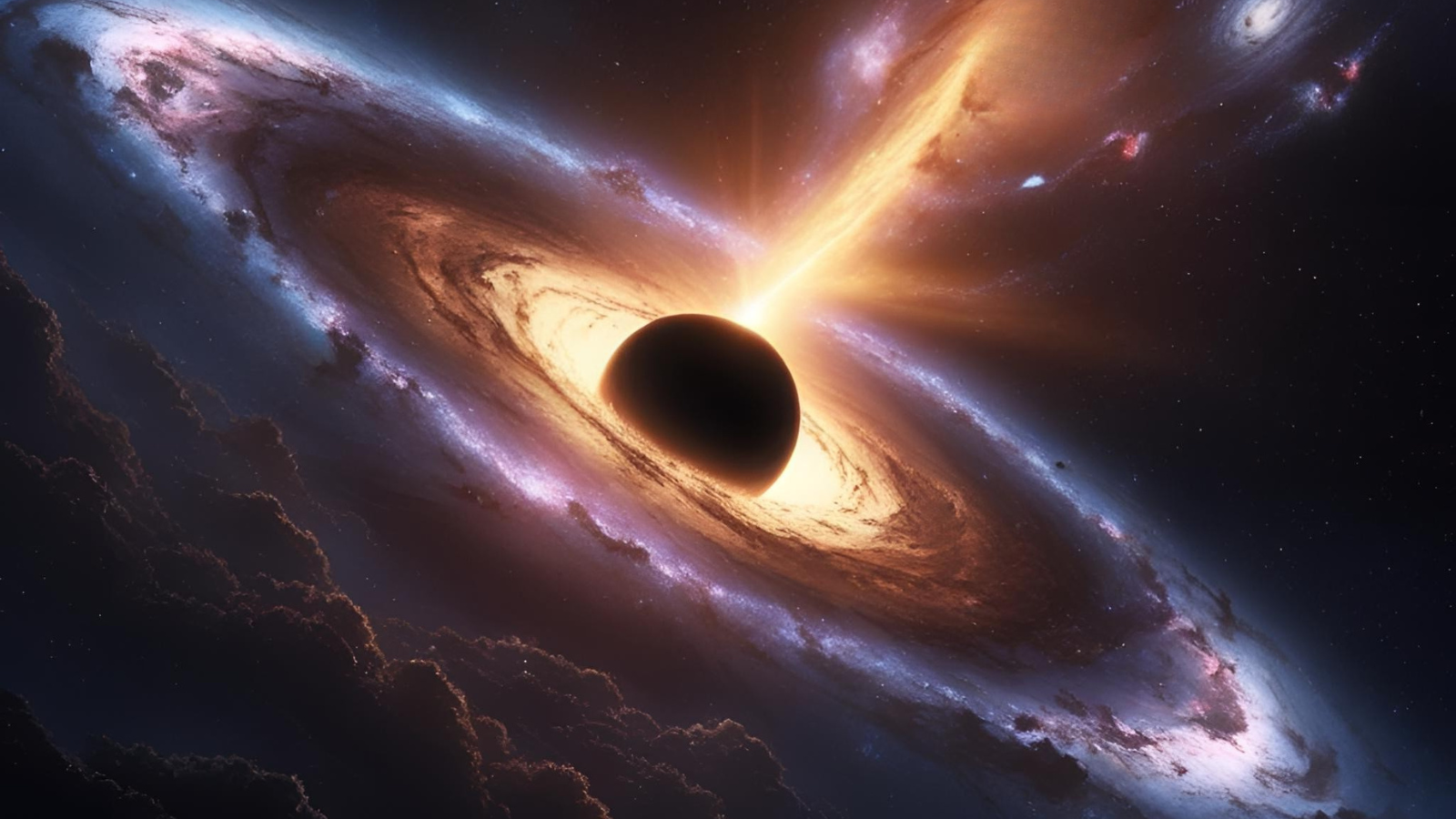SpaceX delays launch of 60 Starlink satellites due to rocket valve checks
Liftoff is now set for Monday, Feb. 17.

CAPE CANAVERAL, Fla. — SpaceX has postponed the launch of its next batch of Starlink satellites due to an issue with a valve component on the rocket's second stage.
The next attempt will be on Monday (Feb. 17), the company said.
The California-based spaceflight company was scheduled to launch 60 of its internet-beaming satellites on previously flown Falcon 9 rocket at 10:25 a.m. EST (1525 GMT) Sunday from Space Launch Complex 40 at Cape Canaveral Air Force Station in Florida. However, an issue with the rocket caused the company to delay the launch for 24 hours.
"Standing down from tomorrow’s Starlink launch; team is taking a closer look at a second stage valve component. Now targeting Monday, February 17," SpaceX representatives wrote on Twitter.
Video: See SpaceX's 1st Starlink satellites in the night sky
Standing down from tomorrow’s Starlink launch; team is taking a closer look at a second stage valve component. Now targeting Monday, February 17.February 15, 2020
When the Starlink mission does launch, you will be able to watch it here and on the Space.com homepage, courtesy of SpaceX, beginning about 15 minutes before liftoff, courtesy of a SpaceX webcast. You can also watch that webcast directly from SpaceX here.
Poor weather conditions at the recovery zone previously pushed the launch into the weekend. SpaceX completed its prelaunch testing for this mission on Friday (Feb. 14), and the company originally hoped to get the rocket off the ground on Saturday, but a quick look at the weather report indicated Sunday was a better date.
Breaking space news, the latest updates on rocket launches, skywatching events and more!
The two-stage Falcon 9 rocket launching this Starlink mission has flown three times before. It previously lofted two commercial Dragon resupply missions (CRS-17 in May 2019 and CRS-18 that July) as well as a hefty telecommunications satellite in December.
Following the successful launch, the rocket's first stage is expected to touch down on a SpaceX's drone ship landing platform "Of Course I Still Love You" in the Atlantic Ocean, marking the company's 50th booster recovery.
SpaceX is also attempting to recover the payload fairings and have deployed both of its nose cone-catching ships to the recovery zone.
Each fairing comes with a $3 million price tag, and the company says that if GO Ms. Tree and GO Ms. Chief can snag falling fairings, the company can refurbish them with minimal effort and fly them again. This will ultimately drive down launch costs, SpaceX CEO Elon Musk has said.
To date, GO Ms. Tree has three successful catches and GO Ms. Chief is still waiting for its first.
- SpaceX's Starlink Constellation Could Swell by 30,000 More Satellites
- SpaceX's Starlink Broadband Service Will Begin in 2020: Report
- 'Whoa, It Worked': Elon Musk Tweets Via SpaceX's Starlink Satellites
Follow Amy Thompson on Twitter @astrogingersnap. Follow us on Twitter @Spacedotcom or Facebook.
OFFER: Save at least 56% with our latest magazine deal!
All About Space magazine takes you on an awe-inspiring journey through our solar system and beyond, from the amazing technology and spacecraft that enables humanity to venture into orbit, to the complexities of space science.
Join our Space Forums to keep talking space on the latest missions, night sky and more! And if you have a news tip, correction or comment, let us know at: community@space.com.

Amy Thompson is a Florida-based space and science journalist, who joined Space.com as a contributing writer in 2015. She's passionate about all things space and is a huge science and science-fiction geek. Star Wars is her favorite fandom, with that sassy little droid, R2D2 being her favorite. She studied science at the University of Florida, earning a degree in microbiology. Her work has also been published in Newsweek, VICE, Smithsonian, and many more. Now she chases rockets, writing about launches, commercial space, space station science, and everything in between.

